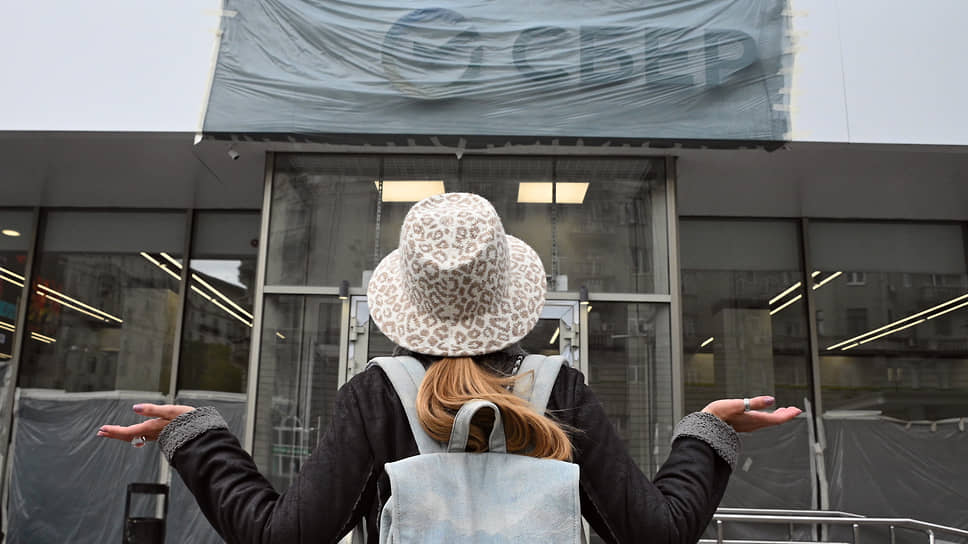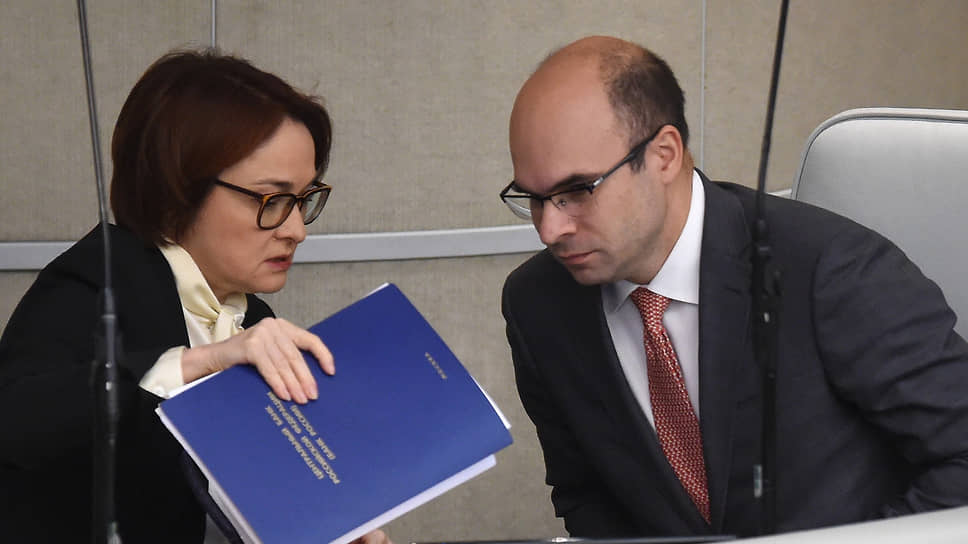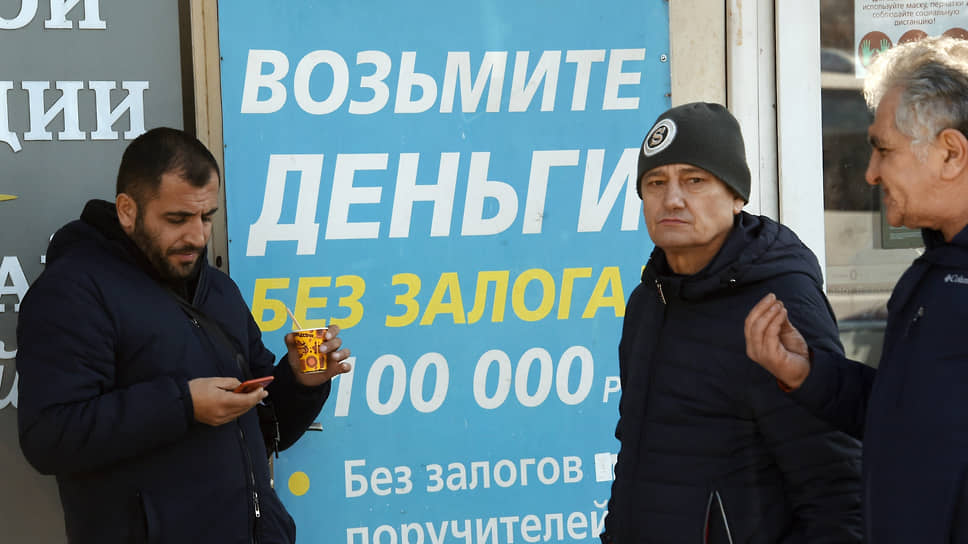Rates are not going up – Kommersant FM
[ad_1]
Russian banks do not believe that the current key rate will remain in place for long. On September 15, the regulator changed the figure, raising it by 1% to 13%. However, as Kommersant FM was told by the Financial Services company, credit organizations are in no hurry to rewrite the conditions for deposits and loans. Only a few major players announced changes. How can this be explained? And should you wait to find a better deal? Ivan Yakunin will tell you.
Only a few large lenders announced an increase in profitability, for example, Sovcombank, Rosbank and Renaissance Bank. However, in most cases we are talking about either savings accounts or special offers.
Sber also announced an increase in deposit rates, but, according to its head German Gref, it will be insignificant, only 0.3%, and the conditions will only begin to apply on September 25.
Last time, in August, when the key rate rose immediately by 3.5%, the reaction was more lively. Why this is not the case now, explained Managing Director of Financial Services Igor Alutin:
“Indeed, we see that banks are now inactively raising deposit rates. Most players believe that the key rate increase is short-term in nature.
If you look, the conditions for loans have not yet changed either. Therefore, banks now only raise short-term deposits, and then to a lesser extent, and do not issue loans to the population for long periods at high rates, because otherwise they will have to issue funding with expensive money into expensive loans.”
Several other arguments support this hypothesis. VTB, Otkritie, Promsvyazbank and Moscow Credit Bank said that they are still assessing the situation on the market and will adjust rates if necessary.
Perhaps the main driver was the updated forecast of the Central Bank. Previously, the regulator believed that lending in Russia would grow this year in each segment by at least 16%, and mortgages in general by 21%. Now the forecast for this year has been improved, but for 2024, on the contrary, it has been reduced.
This means that if banks are not threatened by increased demand for loans, they don’t have to attract money from the population, concludes Pavel Samiev, general director of the BusinessDrom analytical center:
“First of all, they fund retail lending with deposits. It is slowing down a little now, and accordingly, funding from deposits will still most likely even grow, but at a completely different pace.
So there is no particular point in maintaining the influx of investors at a high level.
Banks cannot help but react, but the degree of increase is very often much less than the key rate itself. That is, now the increase in deposit rates will not catch up in absolute size with the increase in the key rate.”
As a result, according to Financial Services, by September 18, the average maximum rate on deposits in the ten largest banks for three months was 10.5%. For a longer period, the yield turned out to be even lower. This means that players really expect that the value of money may change.
Economist Igor Nikolaev agrees with this point of view. In his opinion, the stakes will rise further:
“The uncertainty with inflation and the key rate is very high. These numbers continue to rise.
We see what is happening in the fuel market, and the fuel component is more valuable than every product and service. This means that inflation may accelerate. And if this is so, of course, the Central Bank will further raise the key rate.”
Meanwhile, the head of the Central Bank, Elvira Nabiullina, announced high rates “for a long time.” According to her, the situations of 2014 and 2022, when the regulator quickly softened credit policy after the crisis, will not be repeated.
This time, the Central Bank will maintain the key rate at high levels until it is convinced of the sustainable nature of the slowdown in price growth. On paper it looks like this: the average key rate for the next two years will be about 10%.
Everything is clear with us – Telegram channel “Kommersant FM”.
[ad_2]
Source link








